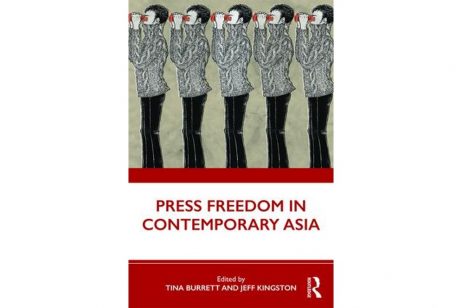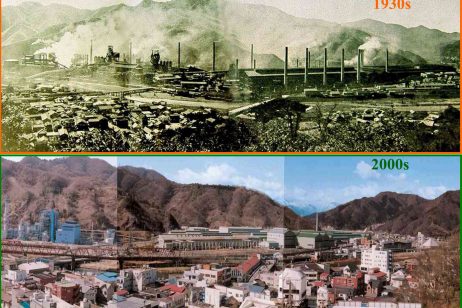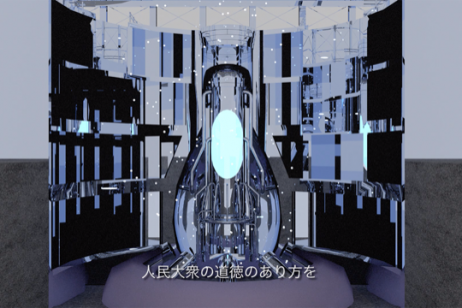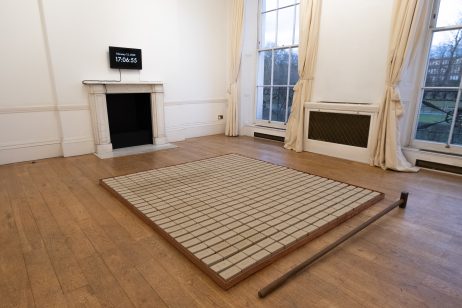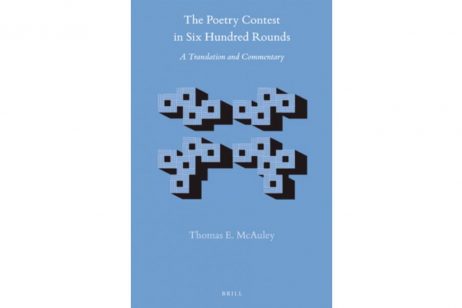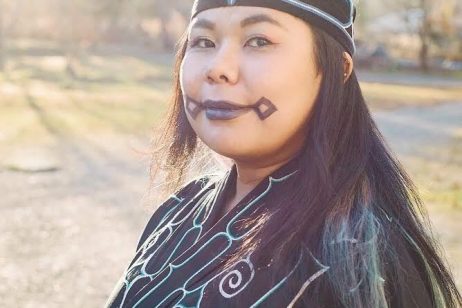5 March 2020
Press Freedom in Contemporary Asia
Globalisation, in the form of new communication technologies, is posing common challenges to media freedom worldwide. In contemporary Asia, where authoritarian propaganda, censorship, physical violence and cyber-intimidation abound, courage is needed to work as a journalist. Even in the region’s democracies, political polarisation, disinformation, and business concentration are eroding media pluralism and freedom of the press. In this book launch, Tina Burrett and Jeff Kingston discussed these issues and released their edited volume Press Freedom in Contemporary Asia.
More info